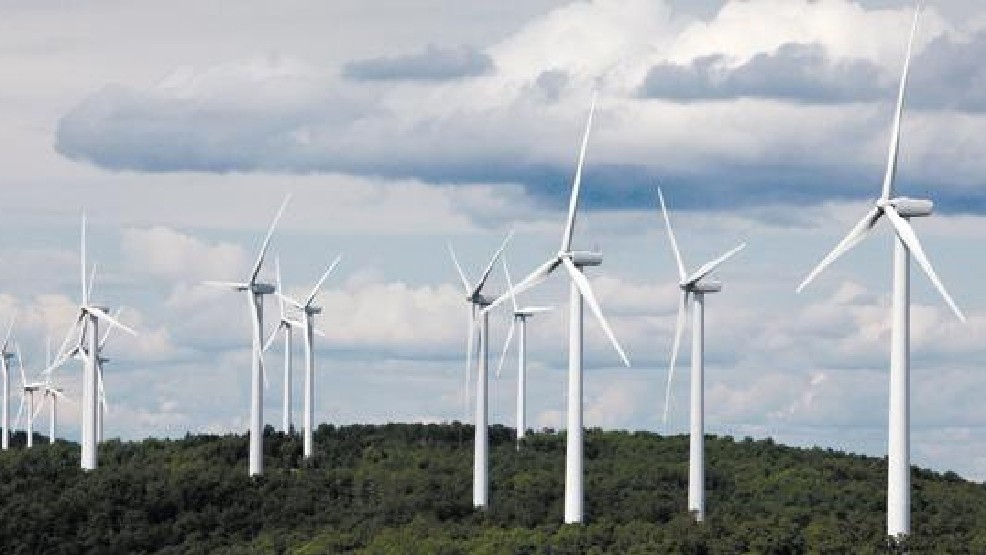Local governments fight for control of renewable energy zoning in Michigan
November 19, 2024

GRAND RAPIDS, Mich. — In a current question of power relating to renewable energy, nearly 80 Michigan townships filed a claim of appeal on Nov. 8 in the Michigan Court of Appeals to challenge the Michigan Public Service Commission’s (MPSC) order to expand their jurisdiction.
Laura Genovich, attorney and shareholder at Foster Swift, the law firm under which the appeal was filed, said it’s a matter of inconsistent interpretations.
“We believe and our clients believe that the public service commission went well beyond what it is authorized to do when it issued that order,” Genovich said.
MPSC describes this order as means to carry out Public Act 233 of 2023, a group of bills signed into law by Gov. Gretchen Whitmer “providing siting authority to the commission for utility-scale wind, solar, and energy storage facilities under specified conditions,” according to Michigan’s government website.
Public Act 233 allowed MPSC to review clean energy applications, unless a local government adopts a compatible renewable energy ordinance.
“What the statute says is that a compatible, renewable energy ordinance has to comply with certain requirements for height, noise, set back, fencing, lighting and other very discreet zoning items,” Genovich said. “But as to things that PA 233 does not cover, the statute leaves those to local control.”
Local townships and counties feel the order goes beyond what the Michigan legislature approved.
“The Public Service Commission, as their order reads, would be taking away the local communities’ right to even say where in the township you can place a utility scale wind or solar energy facility,” Genovich said.
Jeff Sorensen, Cooper Township supervisor, said it’s not a matter of townships, cities, or villages being against green energy –it’s about keeping the decision at a local level.
“Basically what it has done, it has taken away local control for townships, cities and villages,” Sorensen said. “We all have different needs. Some people may welcome a whole township-wide worth of renewable energy, and it may be good for them, but others may not.”
In filing this appeal, the intent is to give local communities some control over their developments, according to Genovich.
“A lot of these are rural farming communities where the impact of a single utility scale, solar, or wind facility is going to have a big impact on the neighboring land owners,” Genovich said.
News Channel 3 reached out to the Michigan Public Service Commission, but they were unable to comment at this time.
Search
RECENT PRESS RELEASES
Related Post




